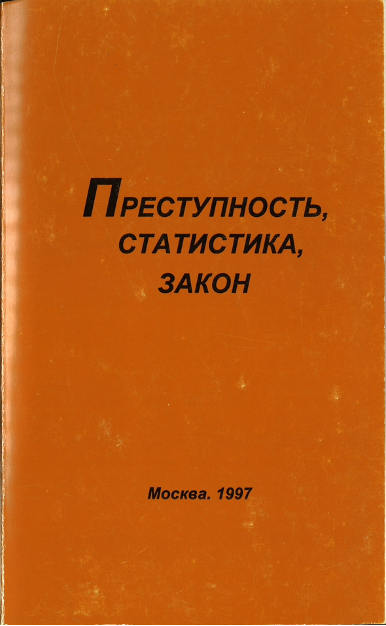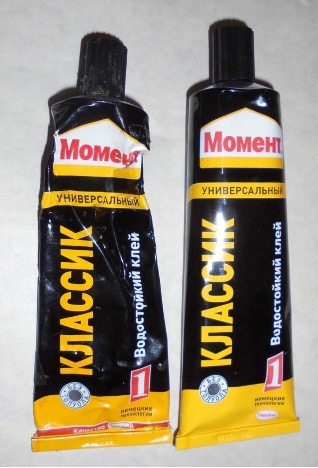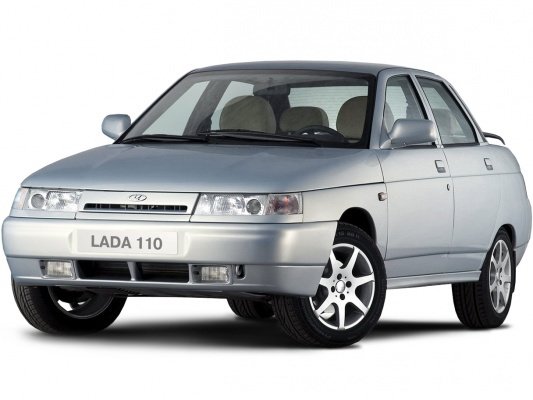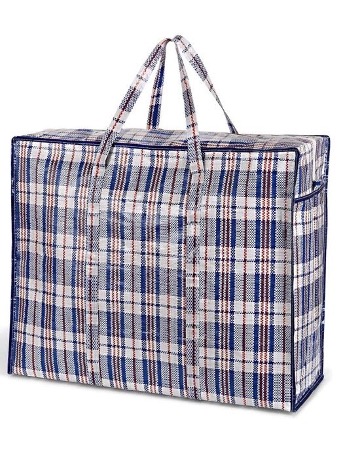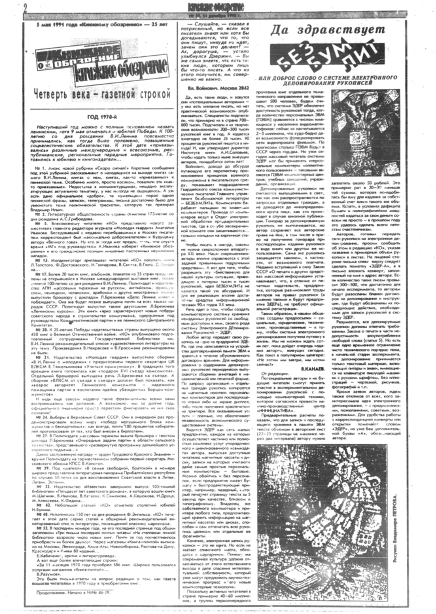Explore: event » collapse-of-ussr
Russian Crime Statistics, 1980-1996
Nothing epitomized the everyday experience of the urban Russian 1990s like crime. As this first comprehensive statistical study of the 1990s demonstrates, crime was just as bad as everyone had anecdotally experienced. The numbers also reveal some unexpected trends.
Klei-Moment
Made by the German Henkel company, Moment-brand glue was a staple of post-Soviet hobbyists. It also became one of the preferred drugs among post-Soviet youth. The brand name alone became synonymous with huffing.
Lada 110-series
The first post-Soviet Lada model, the VAZ-2110, appeared in 1995 and sold for between $5,000 and $8,000. Targeted at the emerging middle class, the car represented the manufacturer’s hope that Russian production and consumer power could come together to build a domestic market that would advance the economy beyond raw materials extraction and imported consumer goods.
Solzhenitsyn's Return
In 1994, Alexander Solzhenitsyn staged a theatrical return to Russia, flying from America to Magadan, then returning by train from Vladivostok to Moscow. The journey and the salvific importance Solzhenitsyn attached to it soon became the target of much derision, as well as some praise.
Kletchataia sumka, Chelnoki, and Ostap Bender
An entry in “Argumenty i fakty”'s occasional column "Ugolok O. Bendera [Ostap Bender’s Corner]," a reference to Il’f and Petrov’s trickster hero of the 1920s, gave advice to beginning "chelnoki," or small-trade merchants who would travel—some across international borders—to find cheap items and sell them at markups back home. The checkered bag became a symbol of these petty merchants and of the hand-to-mouth experience of living in the 1990s.
Long Live PaperLessLit
Soviet paper shortages, new computer technologies, and the lifting of censorship come together in an unexpected way in this proposal to preserve manuscripts of unpublished authors for posterity.
